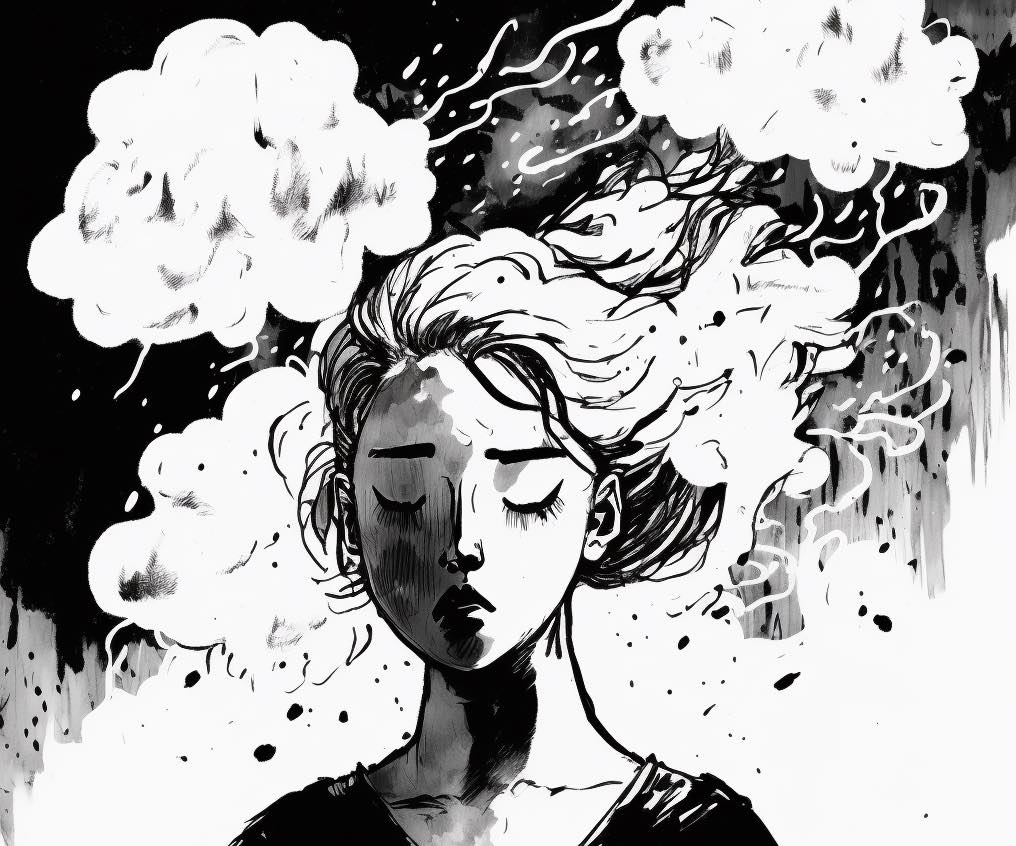Obsessive-Compulsive Disorder (OCD) is a complex mental health condition characterized by persistent, intrusive thoughts (obsessions) and repetitive behaviors or mental acts (compulsions).
While popular culture often portrays OCD through stereotypes of excessive cleaning or a need for symmetry, the reality is far more nuanced. Delving into the cognitive themes of OCD, beyond the common stereotypes, can offer a deeper understanding of the challenges individuals face and the diverse ways in which the disorder manifests. By exploring these themes with both sensitivity and a touch of humor, we can foster empathy, dispel misconceptions, and highlight the importance of seeing the individual beyond the condition.
1. Organize Your Thoughts by Volume:
If you’ve ever considered categorizing your thoughts based on how loud they seem in your head, maybe reconsider. While it might be tempting to label them as “whisper,” “normal conversation,” or “rock concert,” remember that thoughts don’t come with a volume knob. Plus, you might end up missing out on some quiet wisdom while you’re busy adjusting the mental decibels.
2. Alphabetize Your Worries:
While “Aliens invading Earth” might come before “Zebras going extinct” in your list of concerns, spending time alphabetizing worries might not be the most productive use of your mental energy. Instead, maybe focus on actionable steps for the worries you can control, and let the alphabetical ones sort themselves out.
3. Count How Many Times You Doubt Yourself in a Day:
While self-awareness is key, keeping a tally of every time you second-guess a decision might not be the confidence boost you’re looking for. Instead of aiming for a high score, maybe aim for understanding why the doubt arises in the first place.
4. Create a Spreadsheet for Hypothetical Scenarios:
If you’ve ever thought of making an Excel sheet for all the “What if?” scenarios in your life, pause for a moment. While it might be fun to see the hypothetical outcomes of wearing red socks versus blue, or taking a different route to work, remember that life is unpredictable. Embrace the spontaneity!
5. Time How Long You Ruminate on Past Events:
While reflecting on the past can be insightful, setting a stopwatch every time you start reminiscing might not be the way to go. Instead of quantifying your reflection time, focus on the quality and what you can learn from those moments.
Conclusion:
OCD has a vast spectrum, and it’s not just about cleanliness or order. It’s essential to approach it with sensitivity and understanding. While humor can be a way to cope and bring light to certain situations, it’s always crucial to remember the underlying challenges many face. Embracing the unpredictable nature of life and finding joy in the unexpected can be a journey worth taking.

